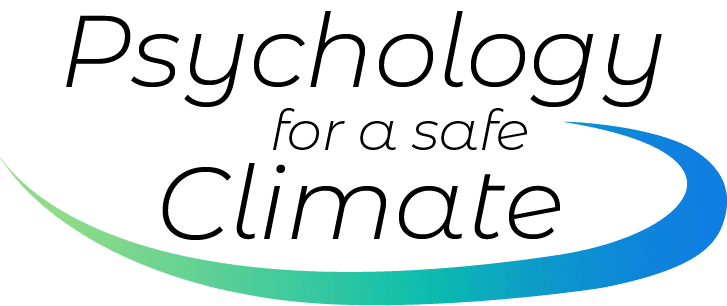- In Bob Doppelt’s article, he draws a link between the climate emergency and the COVID-19 pandemic, highlighting including the “cascading disruptions in the ecological, social, and economic systems people rely on for food, water, jobs, incomes, shelter, health, safety, and other basic needs.”
- Highlighting the individual focus of most mental-health initiatives, Doppelt reflects on how individual trauma and collective trauma feed on each other. He argues that the way that the mental health system, in it’s current iteration, feels unprepared to handle the challenges of growing climate anxiety and post-traumatic stress disorder from experiences of climate disasters on multiple levels.
- Arguing for more preventative measures that focus on community wellness, Doppelt considers what it would mean for communities to have social support networks, access to resilience skills, and genuine consideration of their multifaceted nature when thinking about the mental health implications of the climate crisis.
- Doppelt speaks to some of the research already exploring how to best enhance and empower communities in the face of climate collapse, stating: “There is a growing consensus that the most effective way to prevent and heal individual and collective traumas is to engage a wide and diverse array of respected local community leaders and organizations, with a special emphasis on marginalized groups, in designing and implementing actions that build the capacity for mental wellness and resilience among all residents.” Read it in full here.

